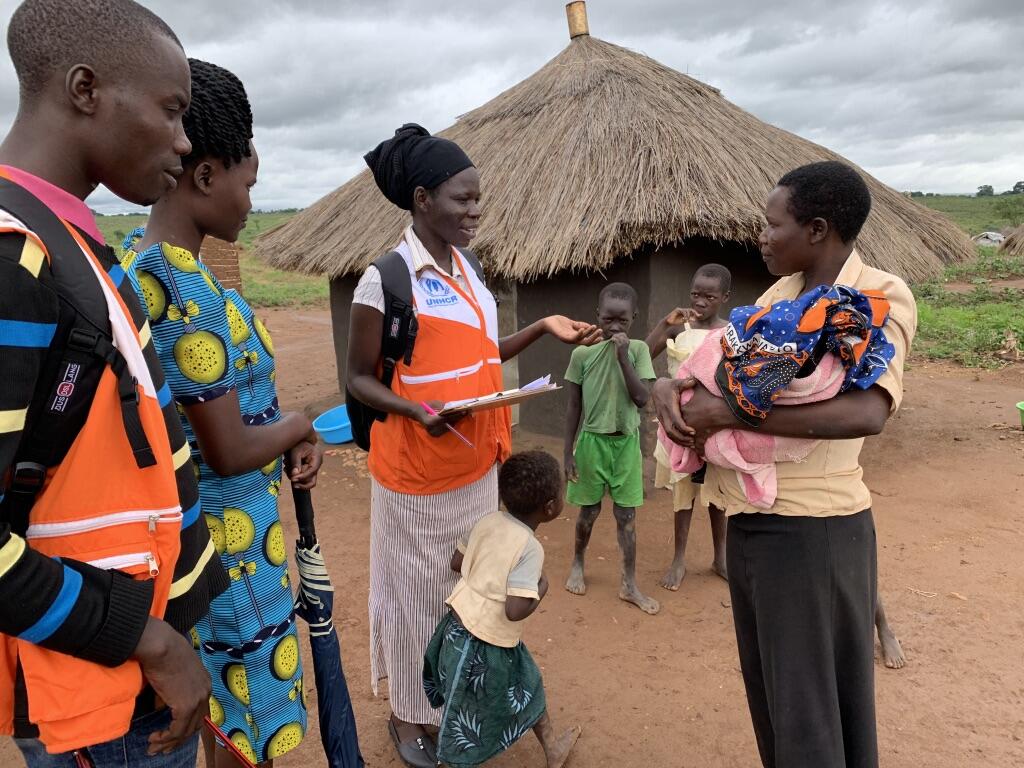
Researchers from LSTM, led by Professor Joe Valadez, have proposed Metrics for Action (M4Action), a mixed-methods toolkit designed for Non-Governmental Organisations (NGOs) and Ministry of Health (MOH) teams, to use rapid assessments of health and social services to improve programmes in crisis-affected communities. M4Action comprises three innovative technical modules that can be used separately or as a unit, supported by a capacity building module with remote training and mentoring by LSTM. The team proposes to scale up their mixed method tool to seven districts in northern Uganda, a humanitarian setting with more than one million refugees and large gaps in health service delivery. M4Action identifies reasons for gaps and works with partners to use data to improve programmes while engaging global networks to scale-up its use.
The HIF is a globally recognised programme leading on the development and testing of innovations in the humanitarian sector. The team from LSTM were one of 10 organisations shortlisted to the strategy development phase which led to an intensive programme of workshops designed to support all applicants on their journey towards scaling their innovations. This process culminated in the pitching of the proposed project to stakeholders and donors from ELHRA, a global charity that finds solutions to complex humanitarian problems through research and innovation. Following submission of a phase 2 proposal, the team will be informed in November if they are one of the 5 successful organisations to be supported between January 2021 to December 2022 with HIF funds of up to £580,000 per organisation.
Current M&E tools are not fit for purpose as they cannot detect programme gaps, lack decentralised data on access and coverage needed to manage local programmes and, therefore, crisis-affected communities remain vulnerable as gaps cannot be addressed and resources are wasted.
The M4Action Toolkit addresses the need for simple, actionable, evidence-based tools that increase the use of quality evidence to improve humanitarian action. This toolkit has broad benefits ranging from empowering local teams to detect and solve problems in their own catchment areas, to identifying gaps within camps or settlements so resources and services can be better targeted. It measures coverage of services and health behaviours for impact reporting and accountability. Additionally, the Toolkit will involve crisis affected populations in examining the barriers and determining priorities for action and will build the in-house M&E capacity of NGOs and MOH teams.
Professor Joe Valadez said: “Often we fly blind during humanitarian crises, trying our best to provide services where they are needed. M4Action will now aid us to know where services are needed and where barriers exist that need removal. M4Action will save lives while reducing wasted resources in the most challenging locations. M4Action signals the beginning of a new era for humanitarian action to have more profound impact for those affected by humanitarian crises.”
M4Action will be the go-to approach globally to empower, monitor and improve the impact of humanitarian programmes.